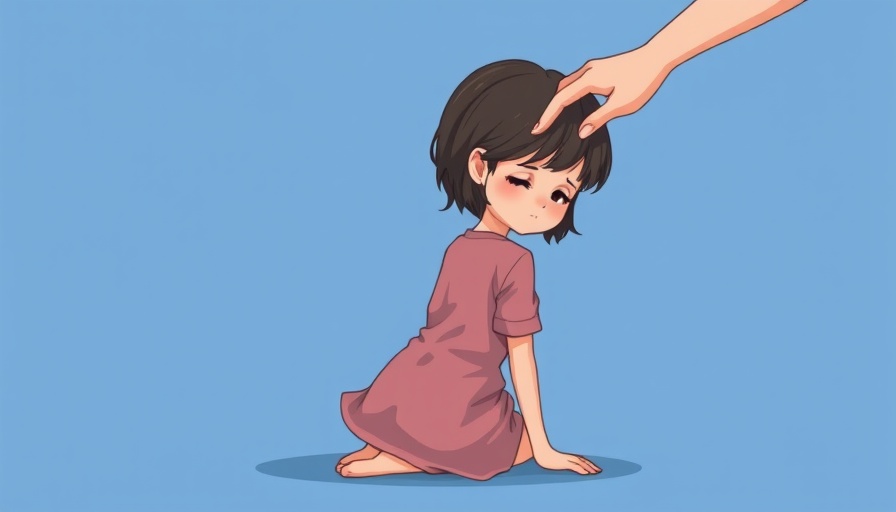
Understanding Elective Forgiveness
In our fast-paced world, where we often prioritize productivity and external validation, the concept of forgiveness can feel like just another obligatory task. However, the idea of elective forgiveness offers a refreshing perspective. Elective forgiveness is a personal choice, allowing individuals to heal on their own terms. It recognizes that everyone's path to recovery from trauma is unique, empowering us to embrace what feels right for ourselves rather than succumbing to societal or familial pressure to forgive.
Why It Matters
The importance of elective forgiveness lies in its potential to create a sense of control in your healing process. When I first grappled with the question, 'Do I need to forgive my abusive mother?', I felt overwhelmed by external expectations. Through my journey, I learned that prioritizing my own emotional safety and well-being was crucial. Elective forgiveness enabled me to focus on self-care, rather than feeling obligated to forgive someone who had caused me harm.
Practical Steps to Embrace Elective Forgiveness
1. **Assess Your Safety**: Determine if you feel emotionally secure in your environment. Establishing personal boundaries can be profoundly freeing, allowing you to protect your mental health.
2. **Set Realistic Expectations**: Understand that forgiving someone doesn't equate to reconciliation. You can forgive someone without resuming a relationship, and it's okay to take your time in deciding how or whether to move forward.
3. **Be Kind to Yourself**: Remember that your healing process is valid, no matter what it looks like. Allow yourself to feel your emotions without judgment—this is an essential part of the journey.
In Conclusion
Elective forgiveness is a powerful tool in the aftermath of trauma, offering autonomy in your emotional journey. By prioritizing your well-being and creating boundaries, you can navigate your healing process with confidence and compassion for yourself.
 Add Row
Add Row  Add
Add 




 Add Row
Add Row  Add
Add 

Write A Comment